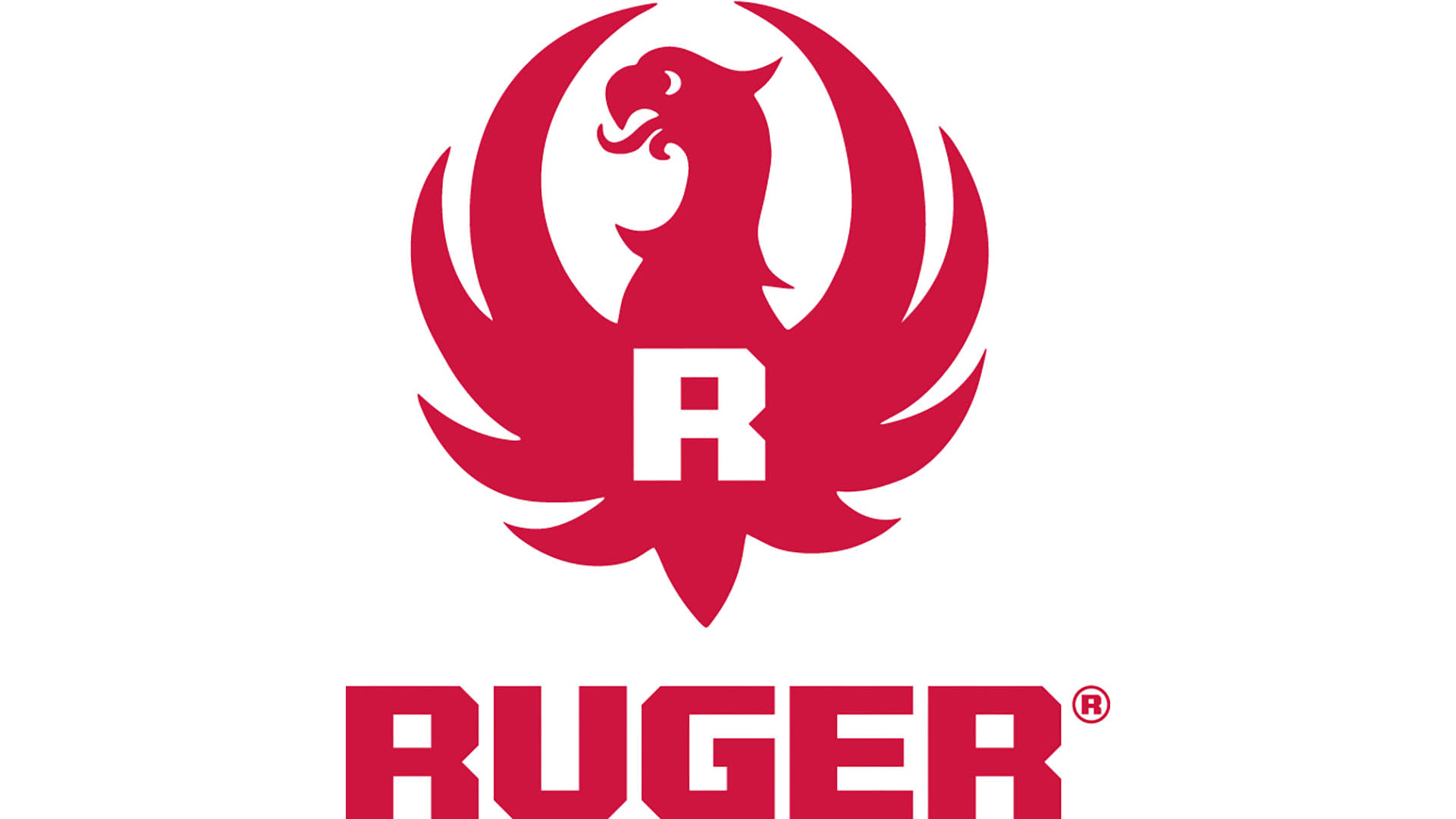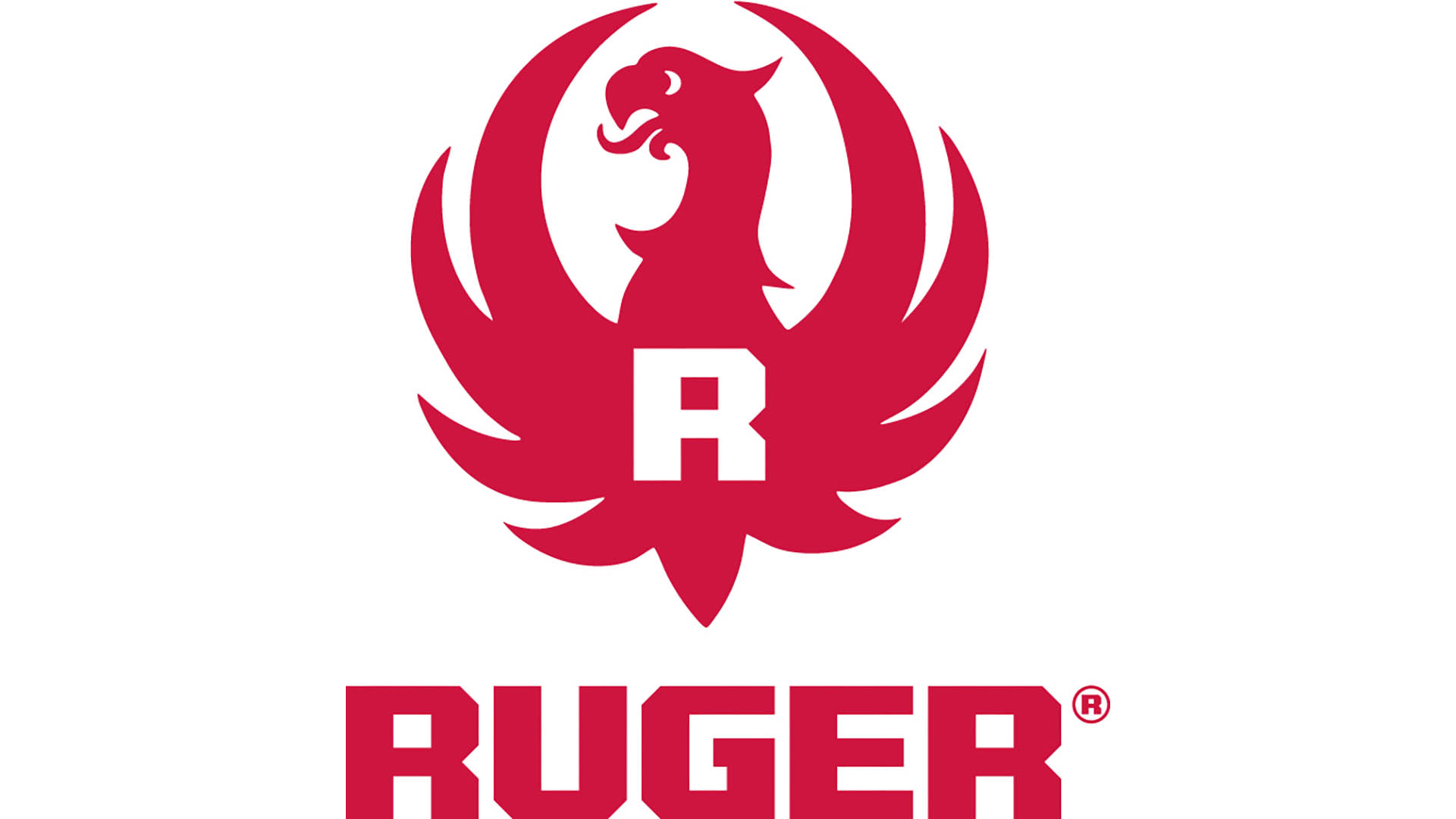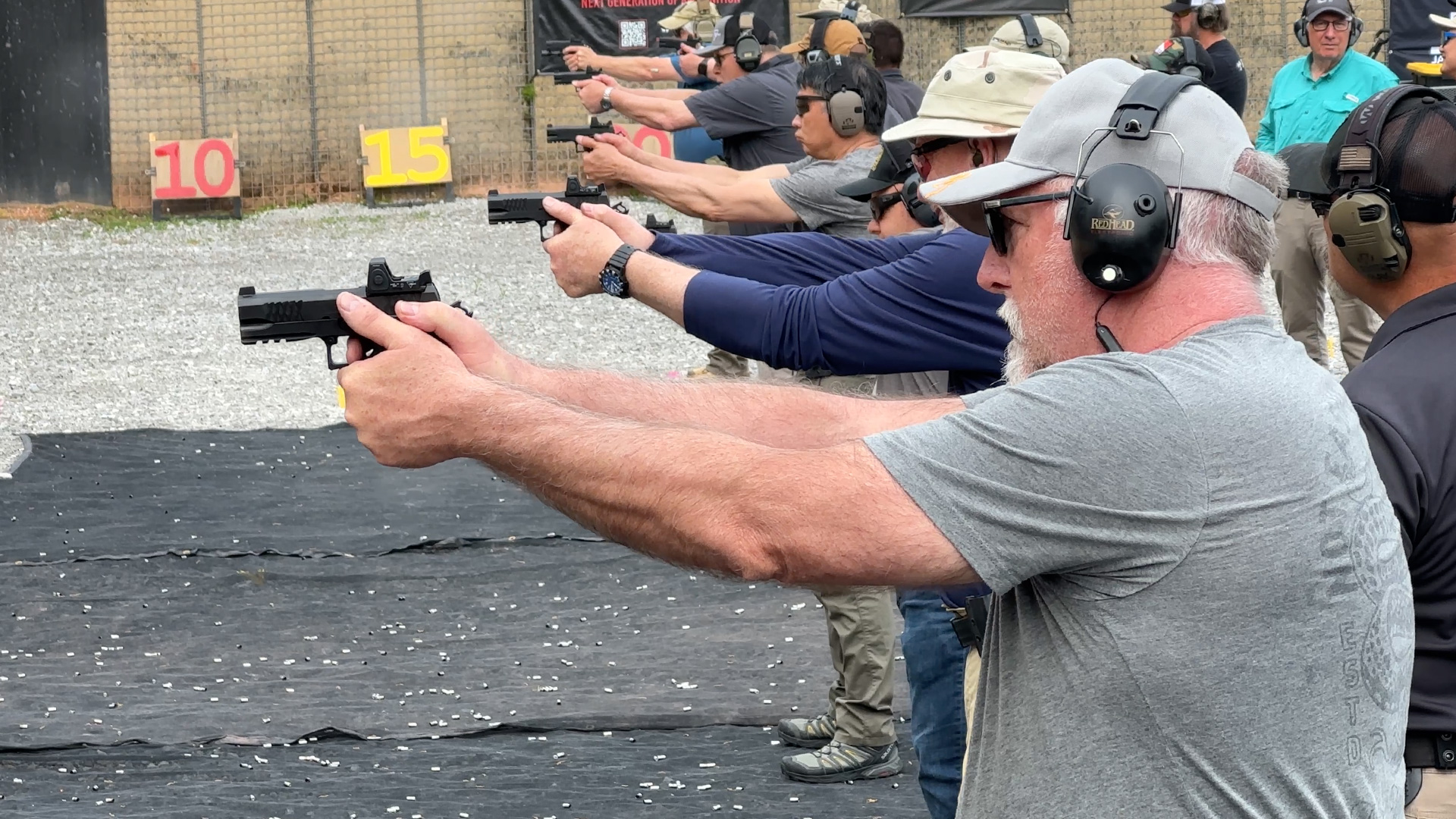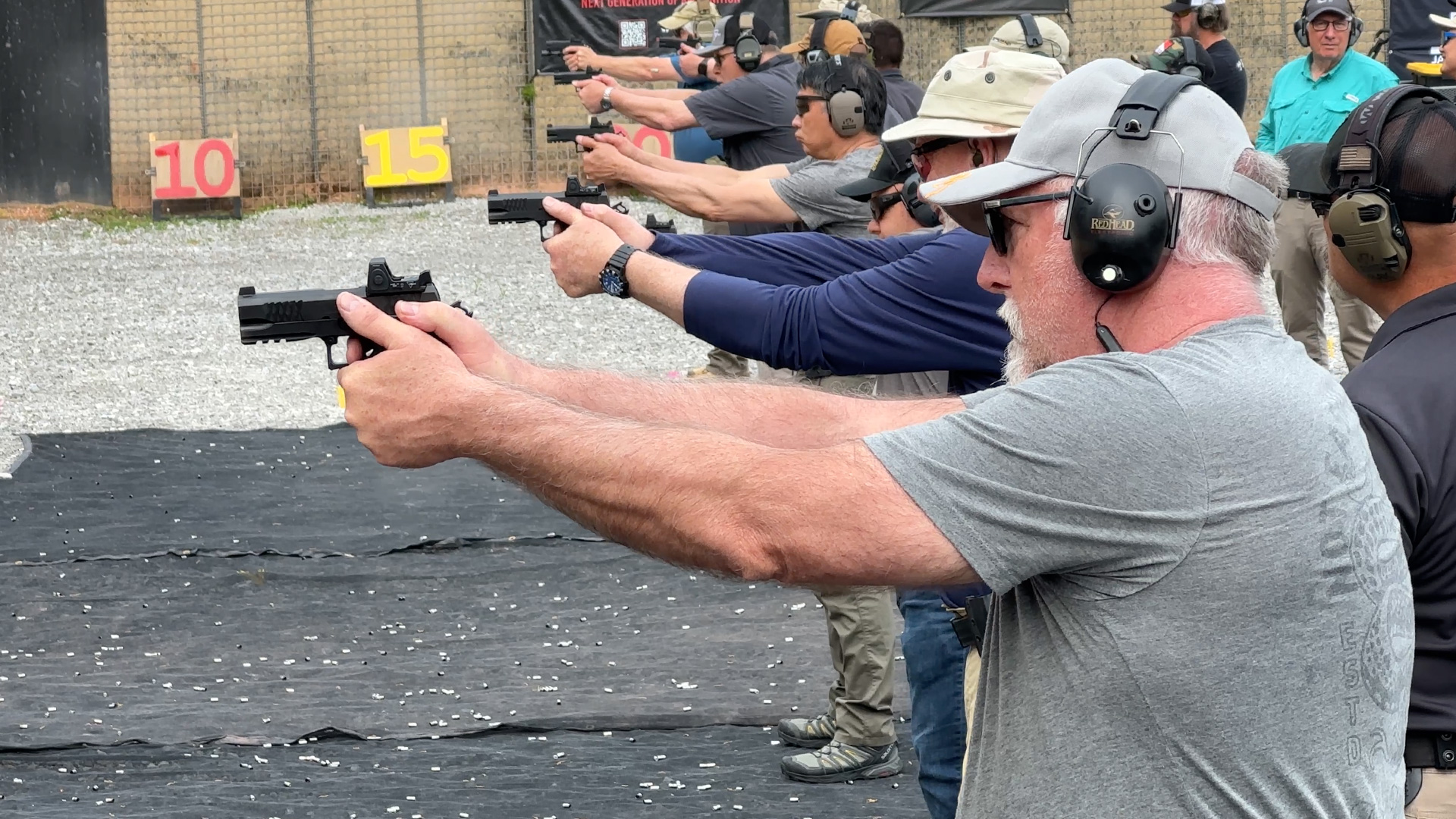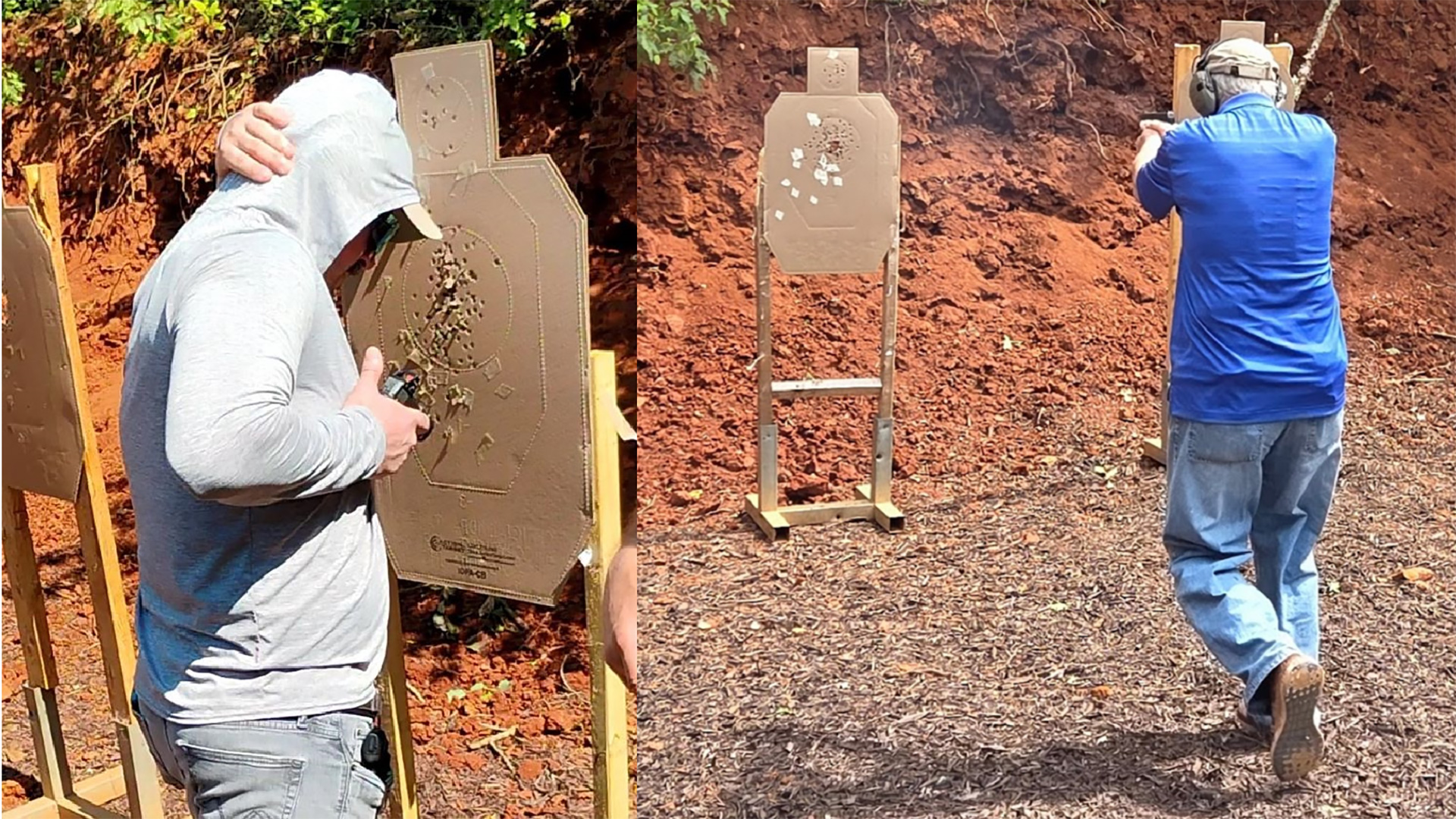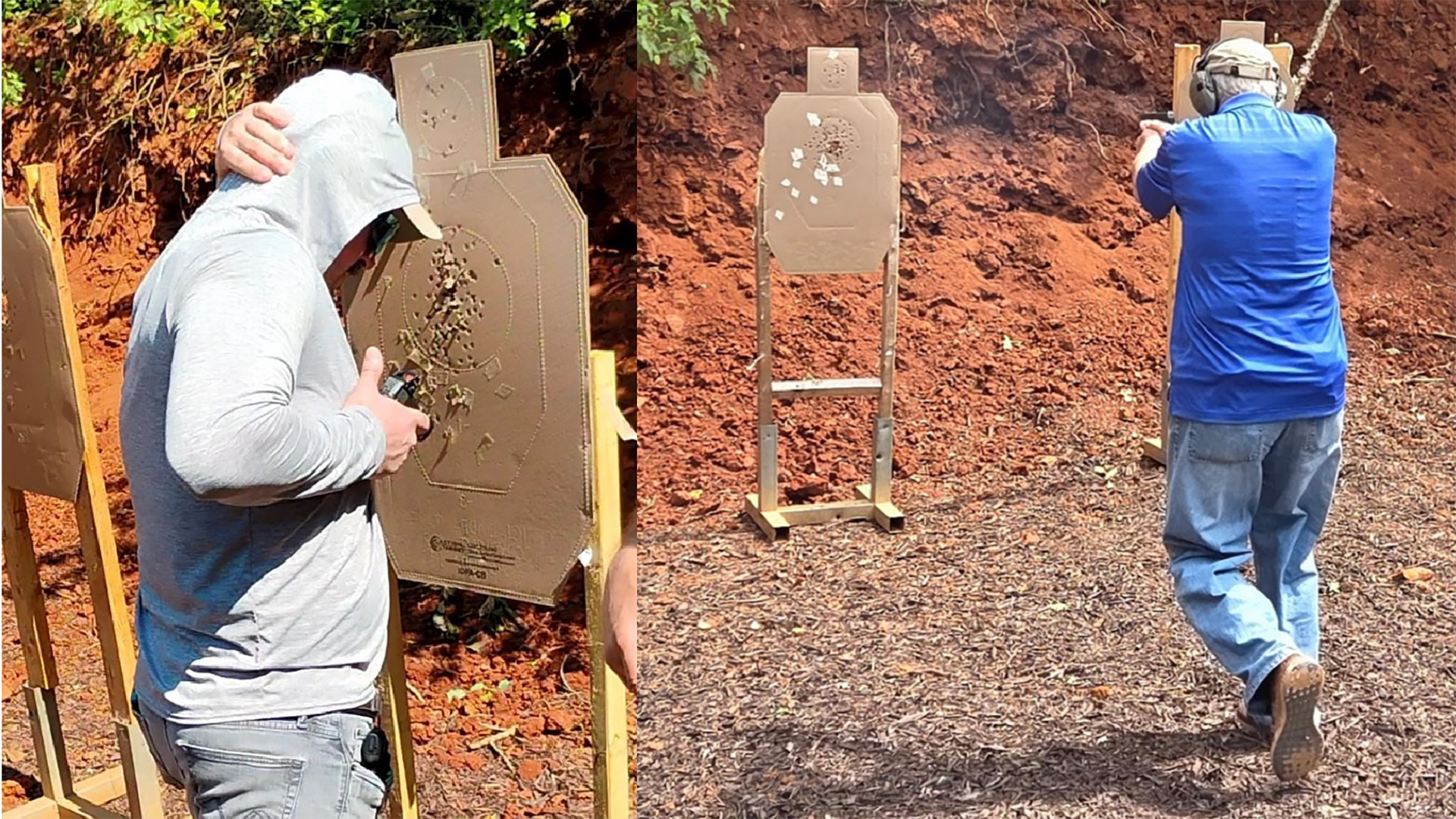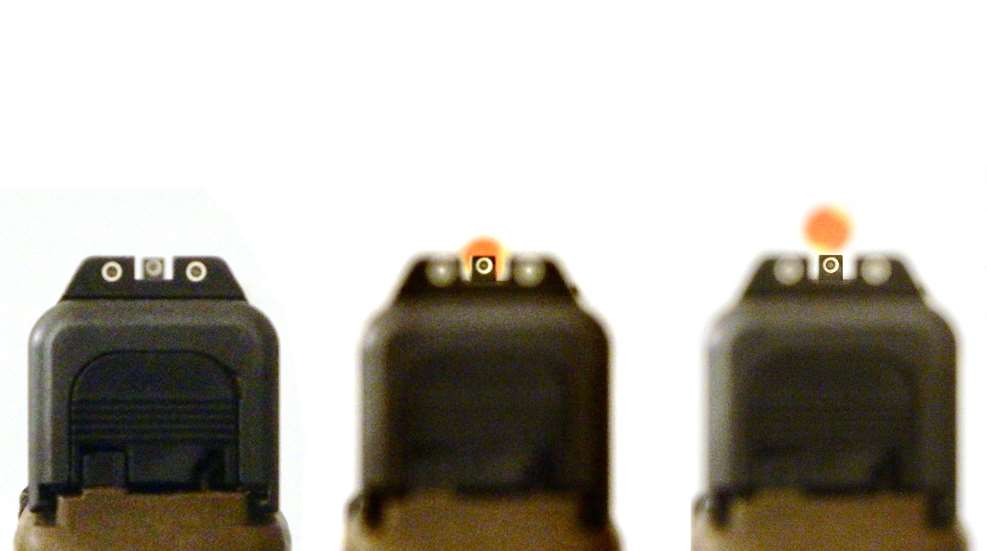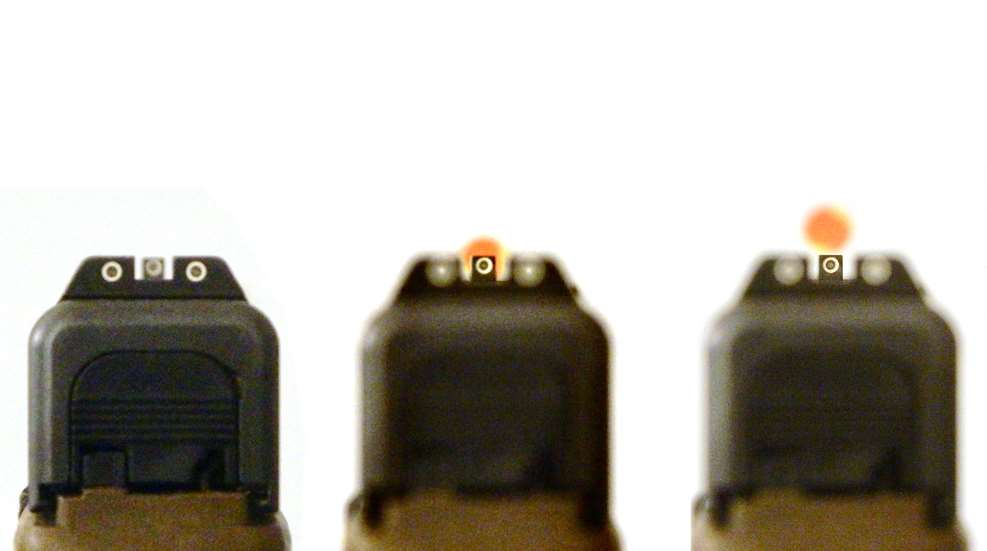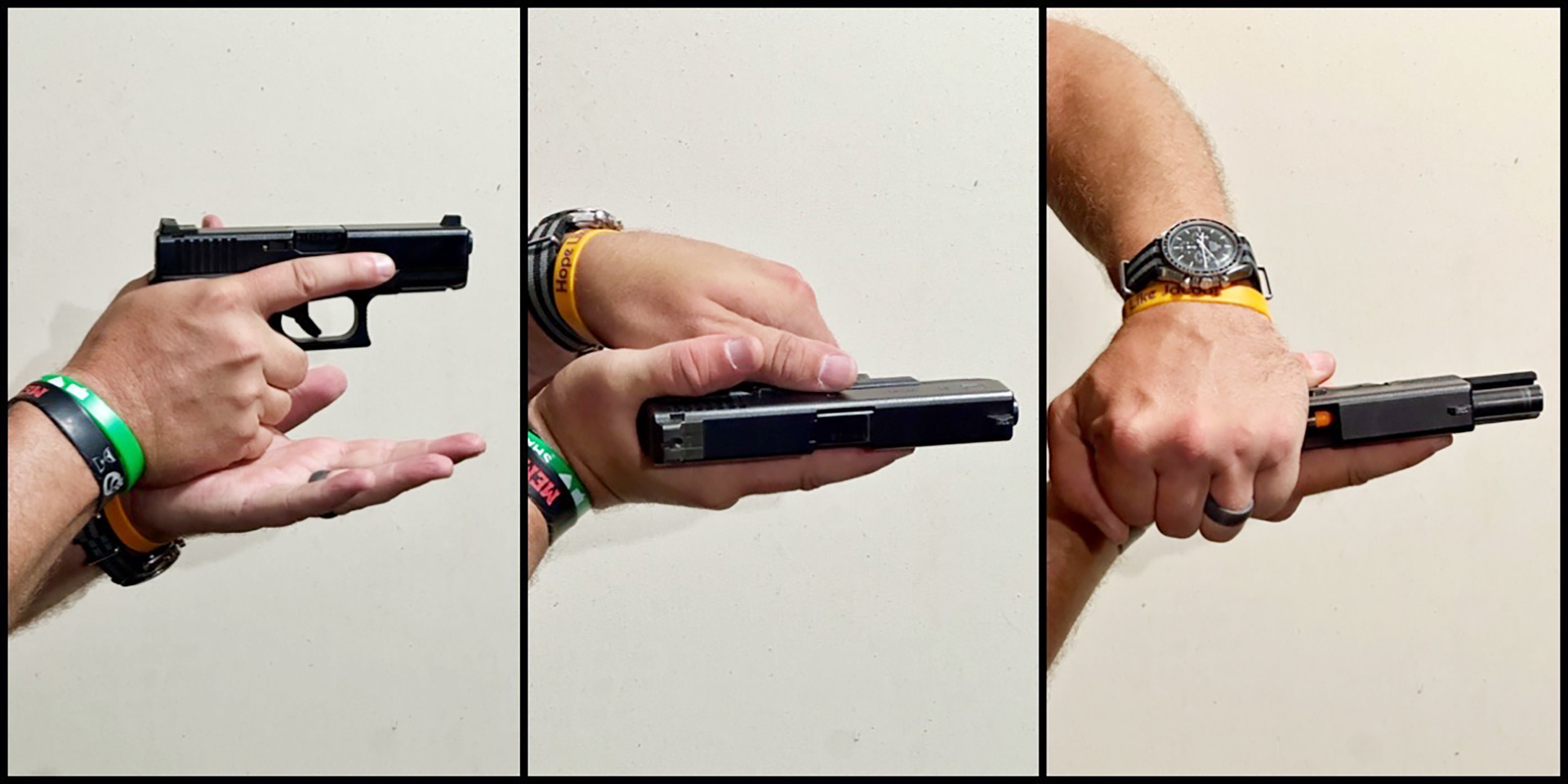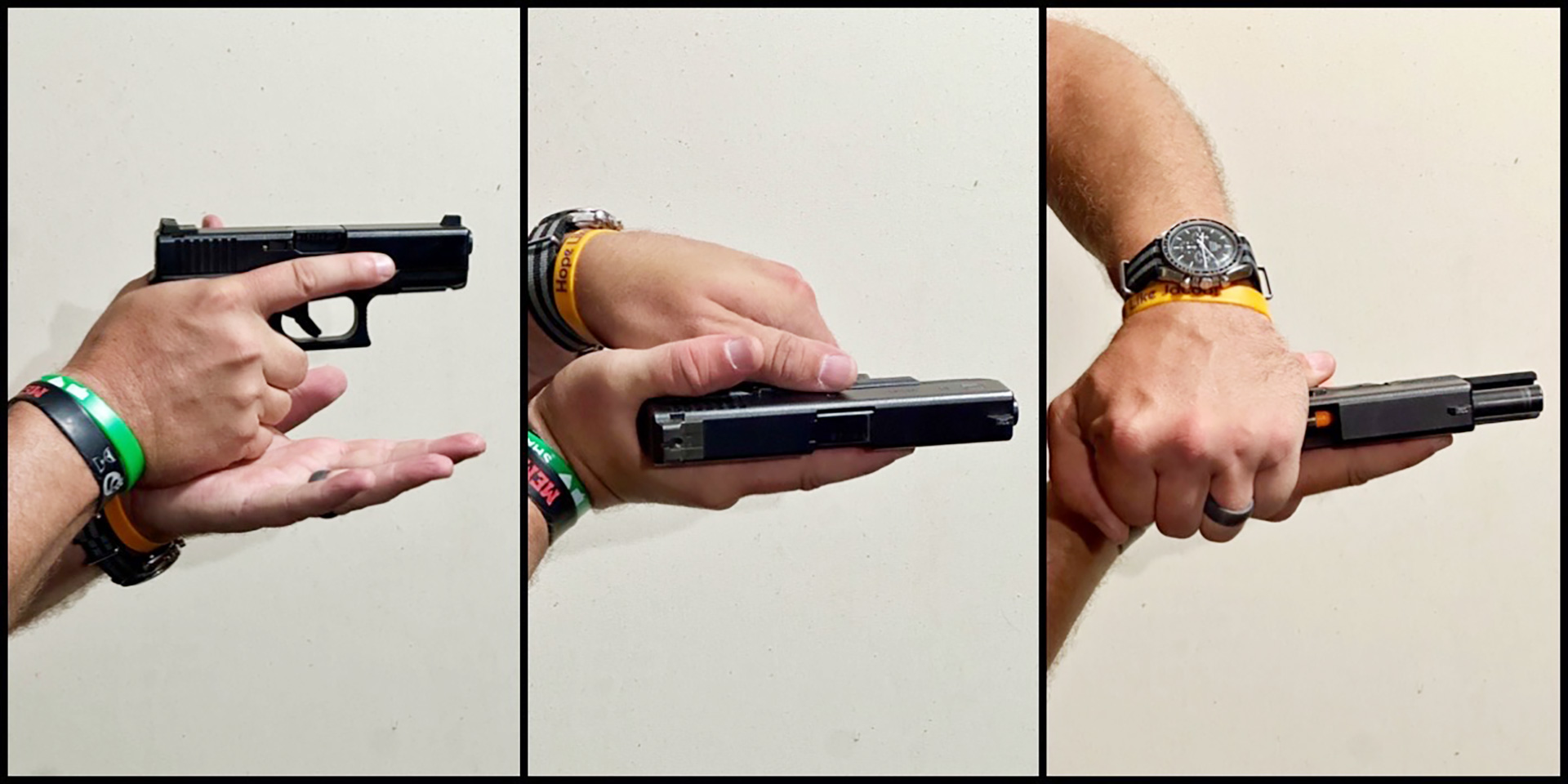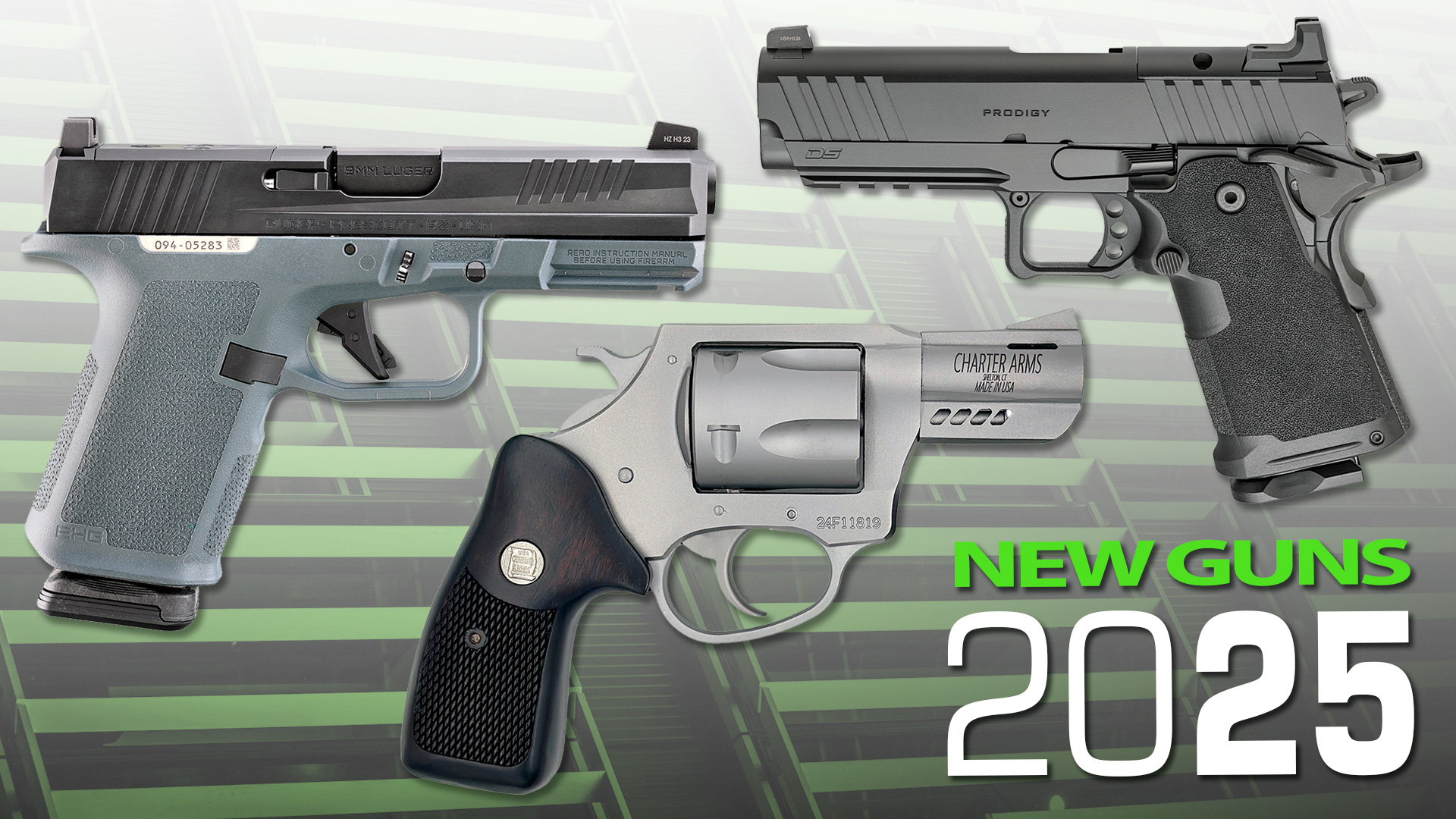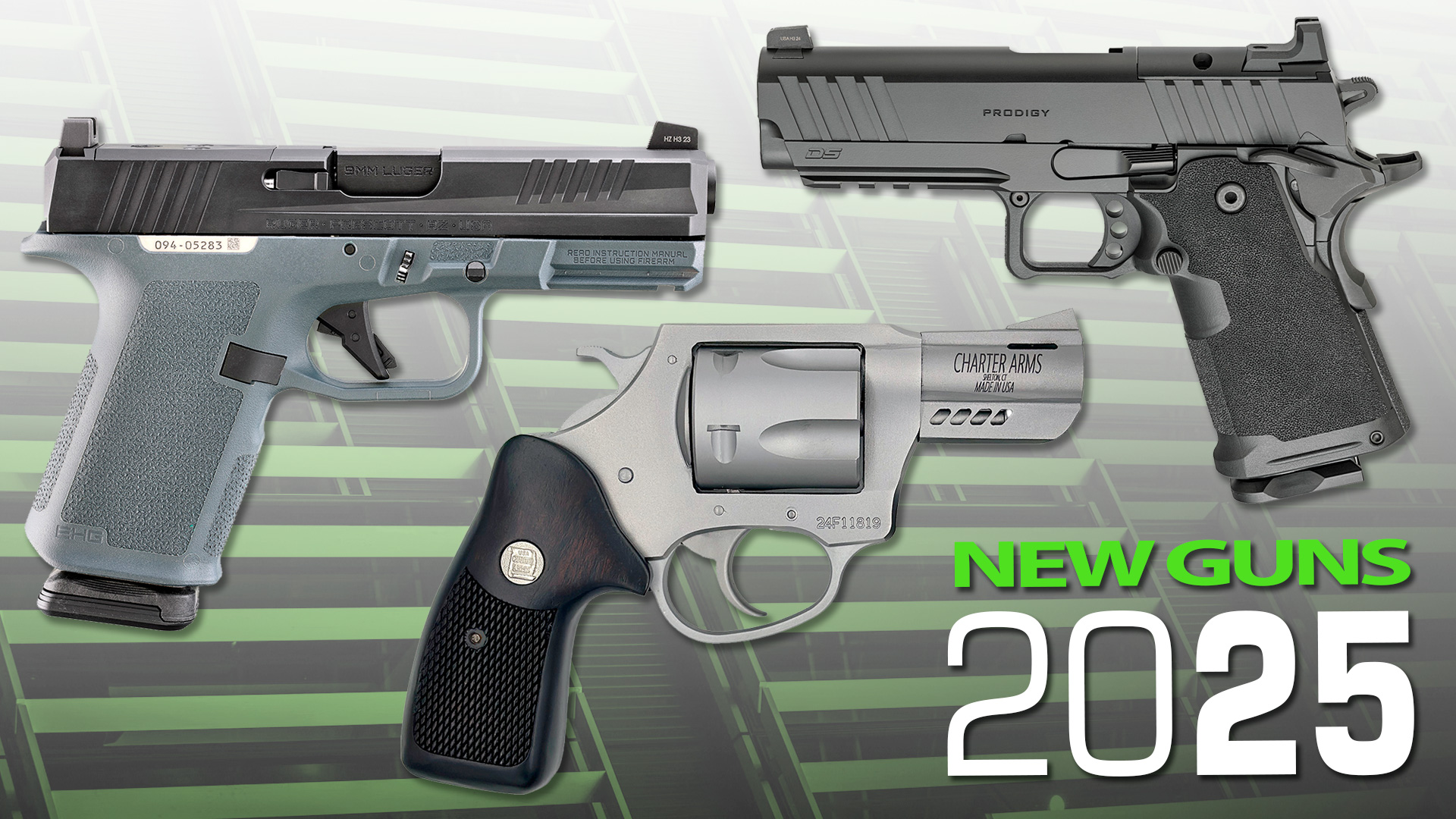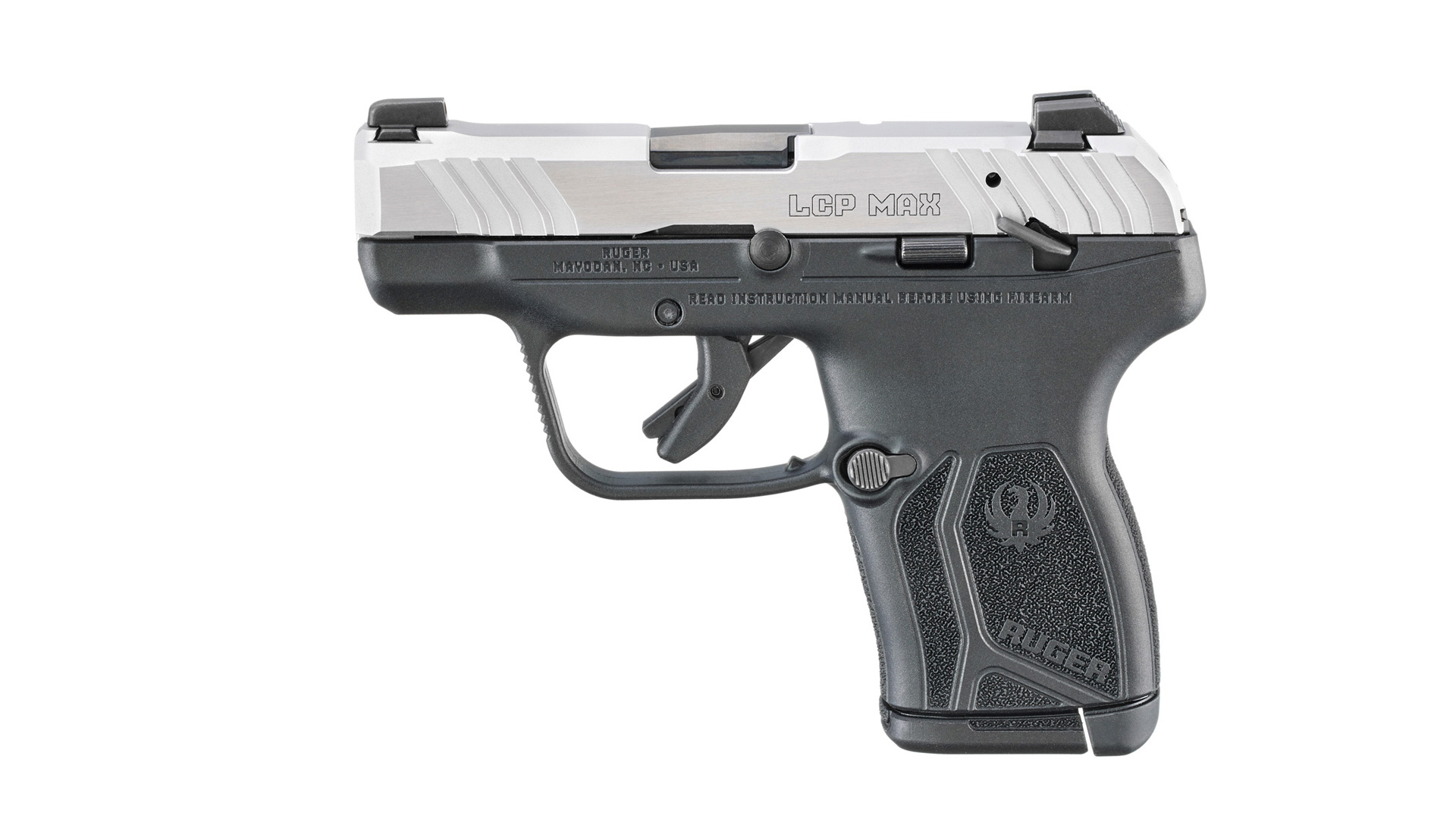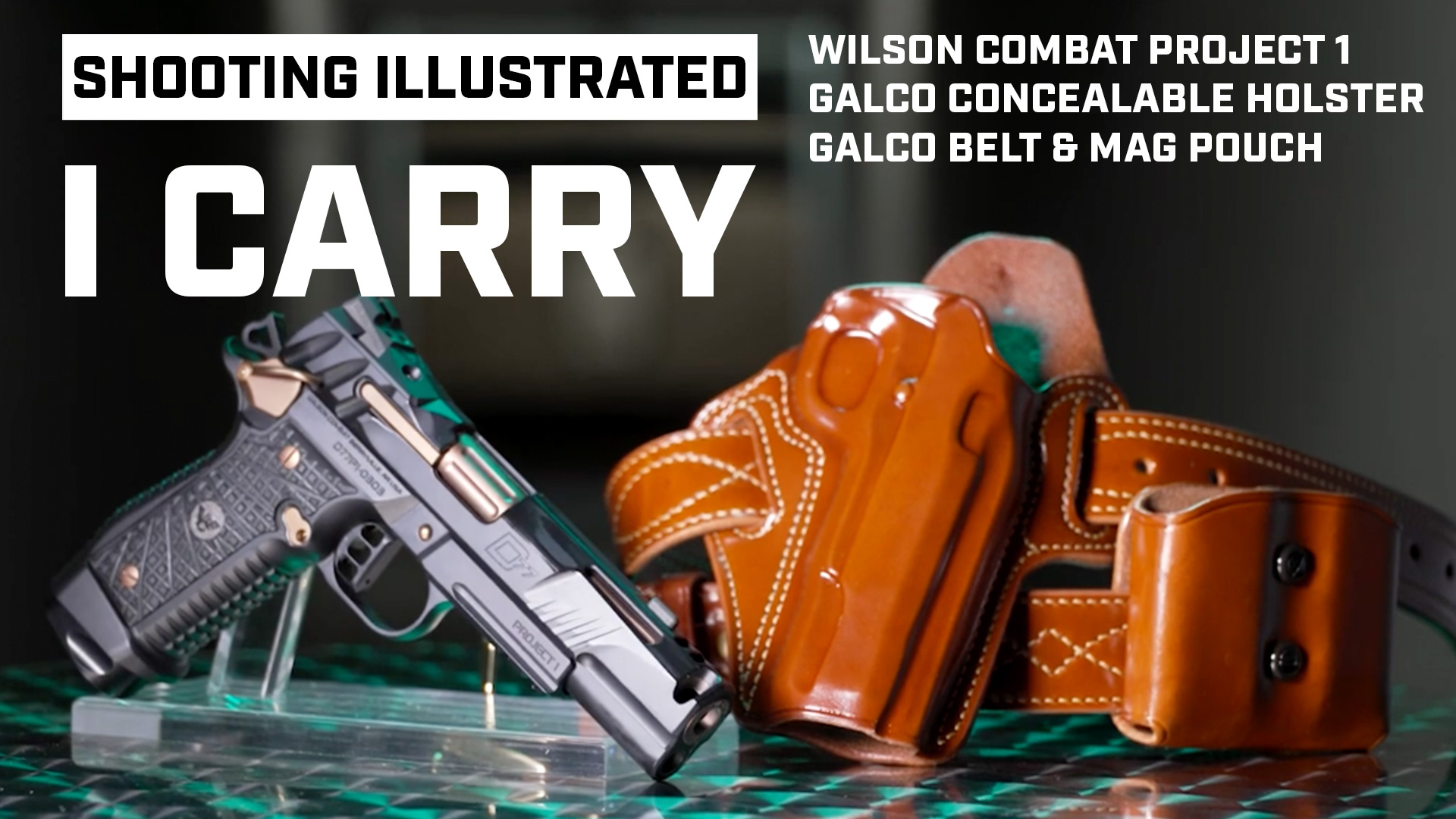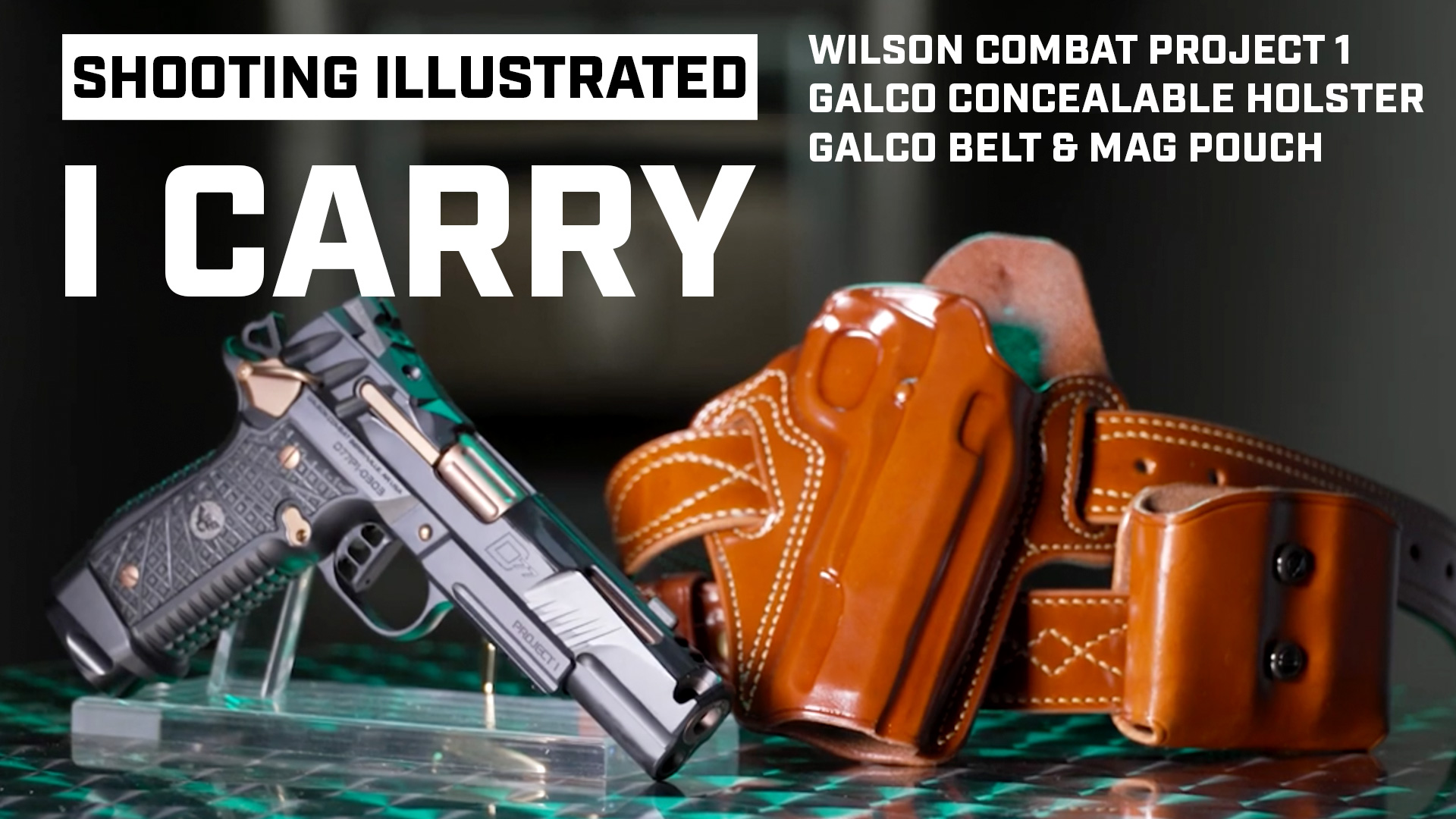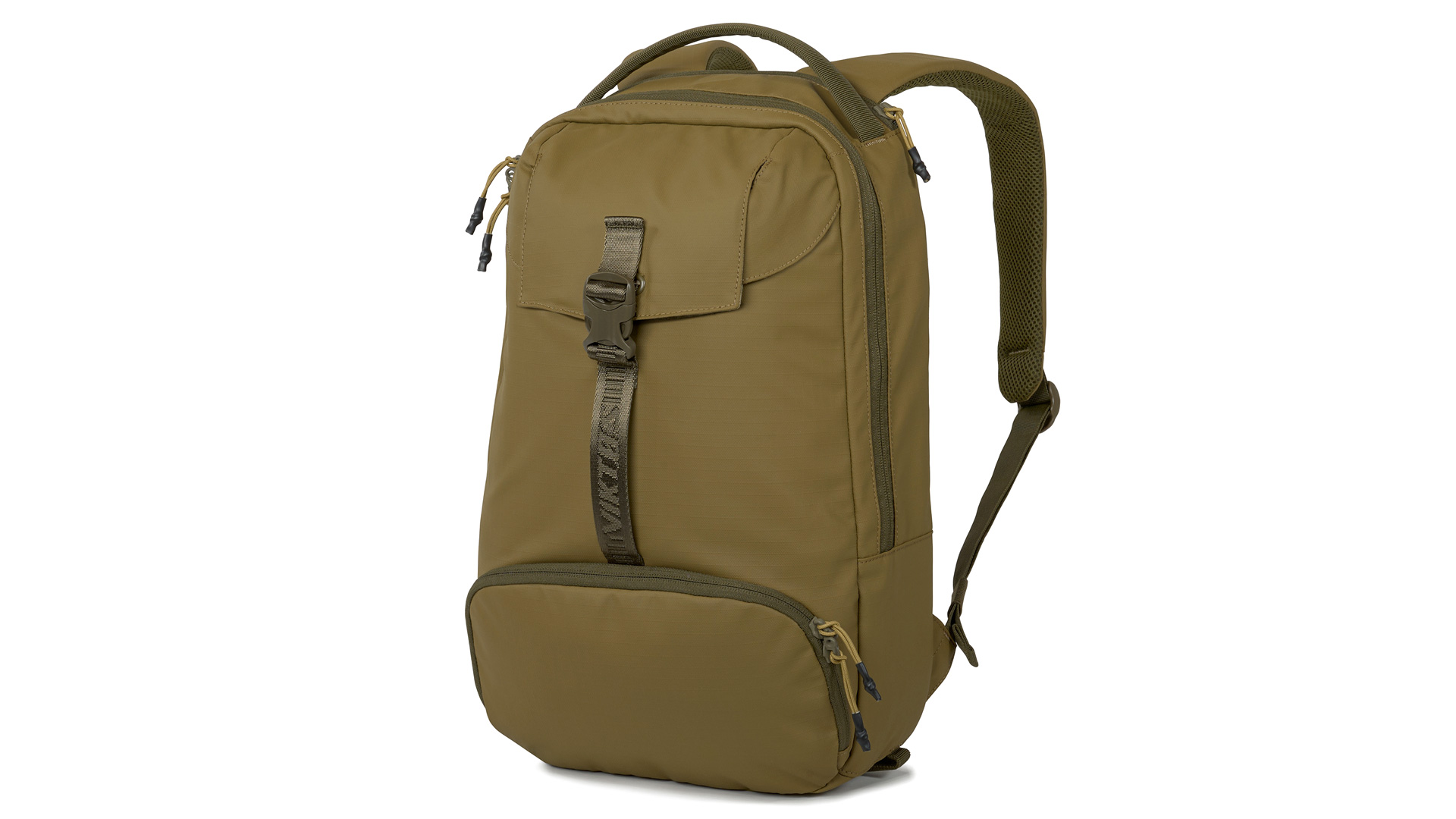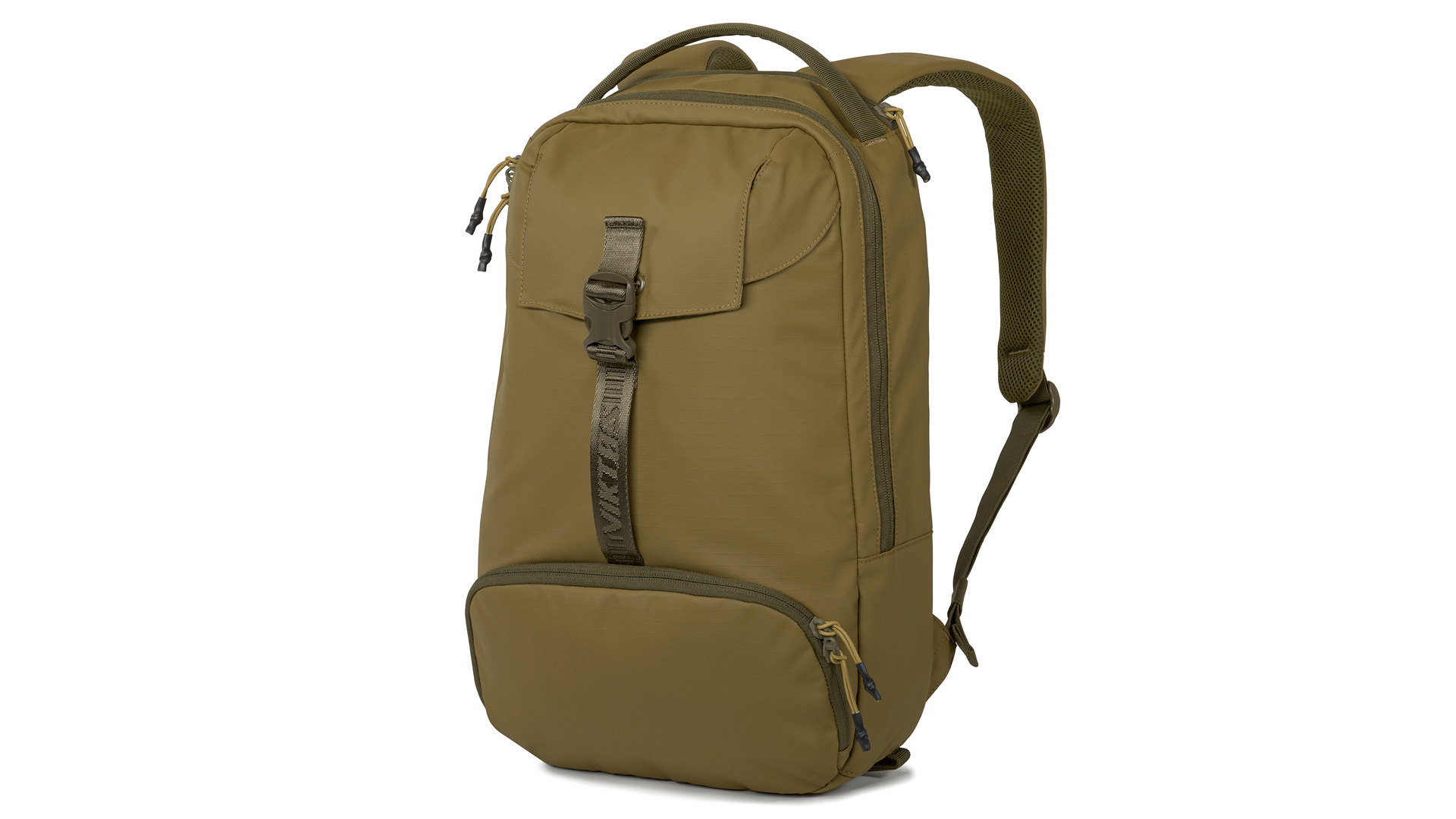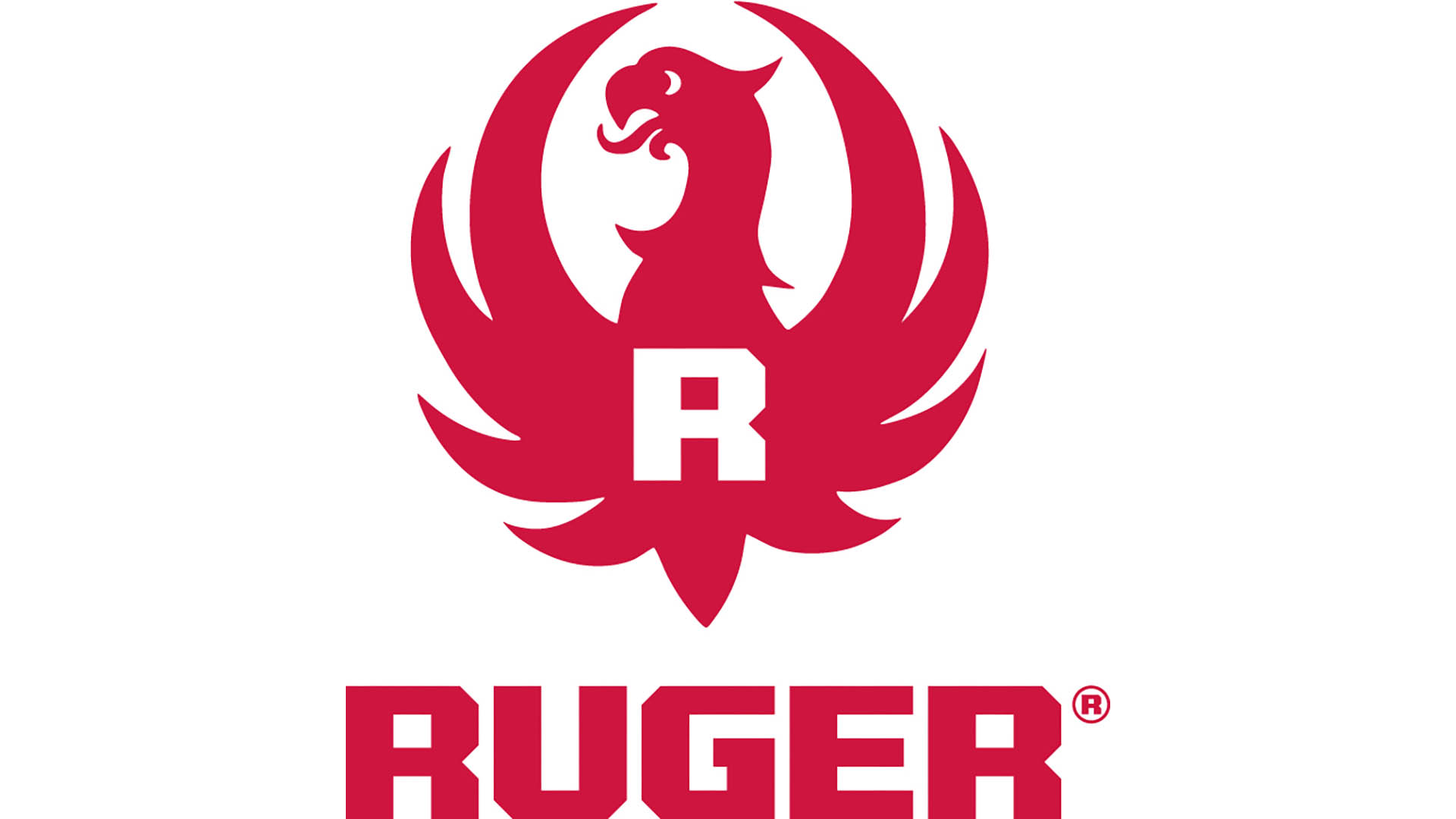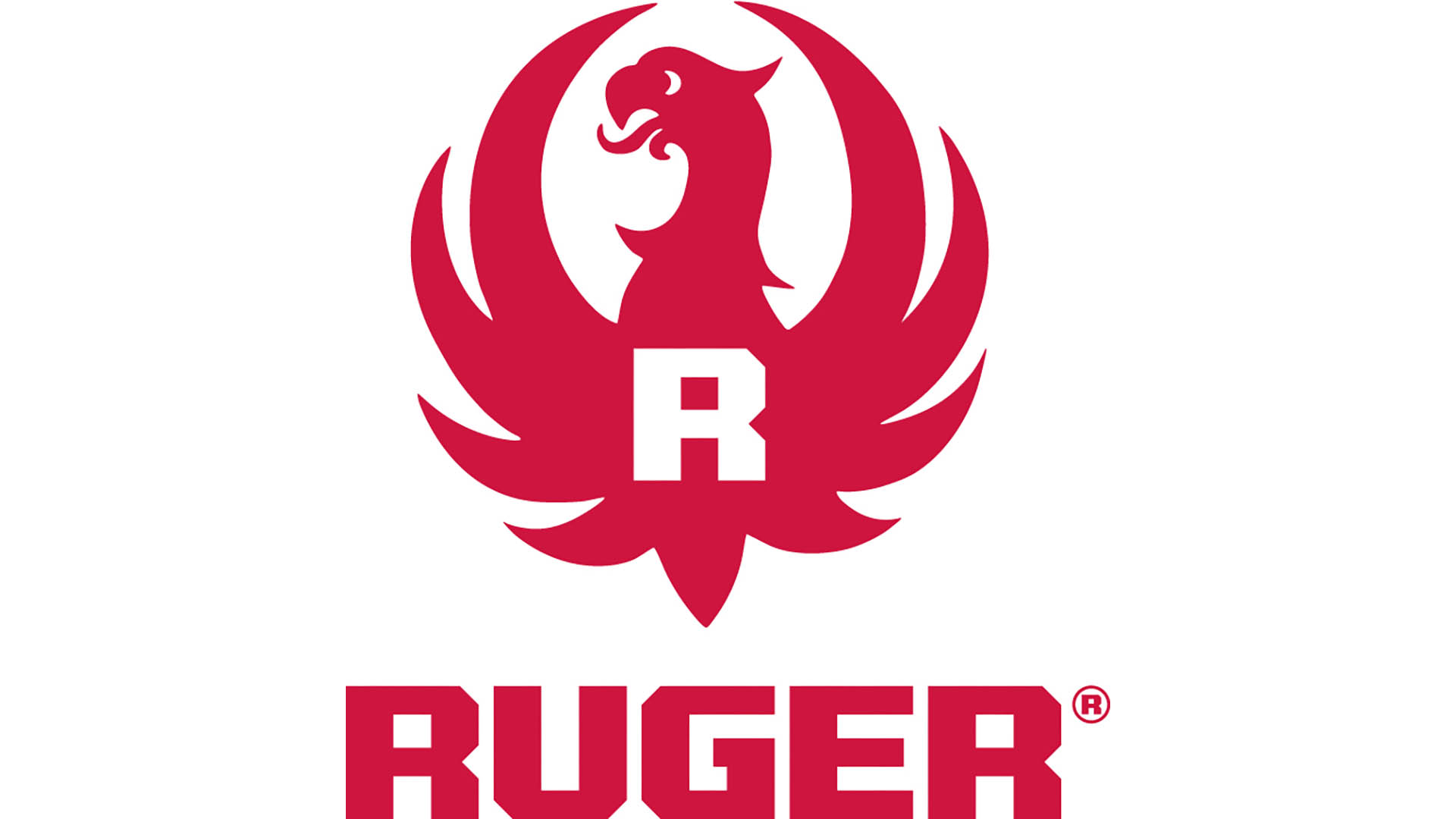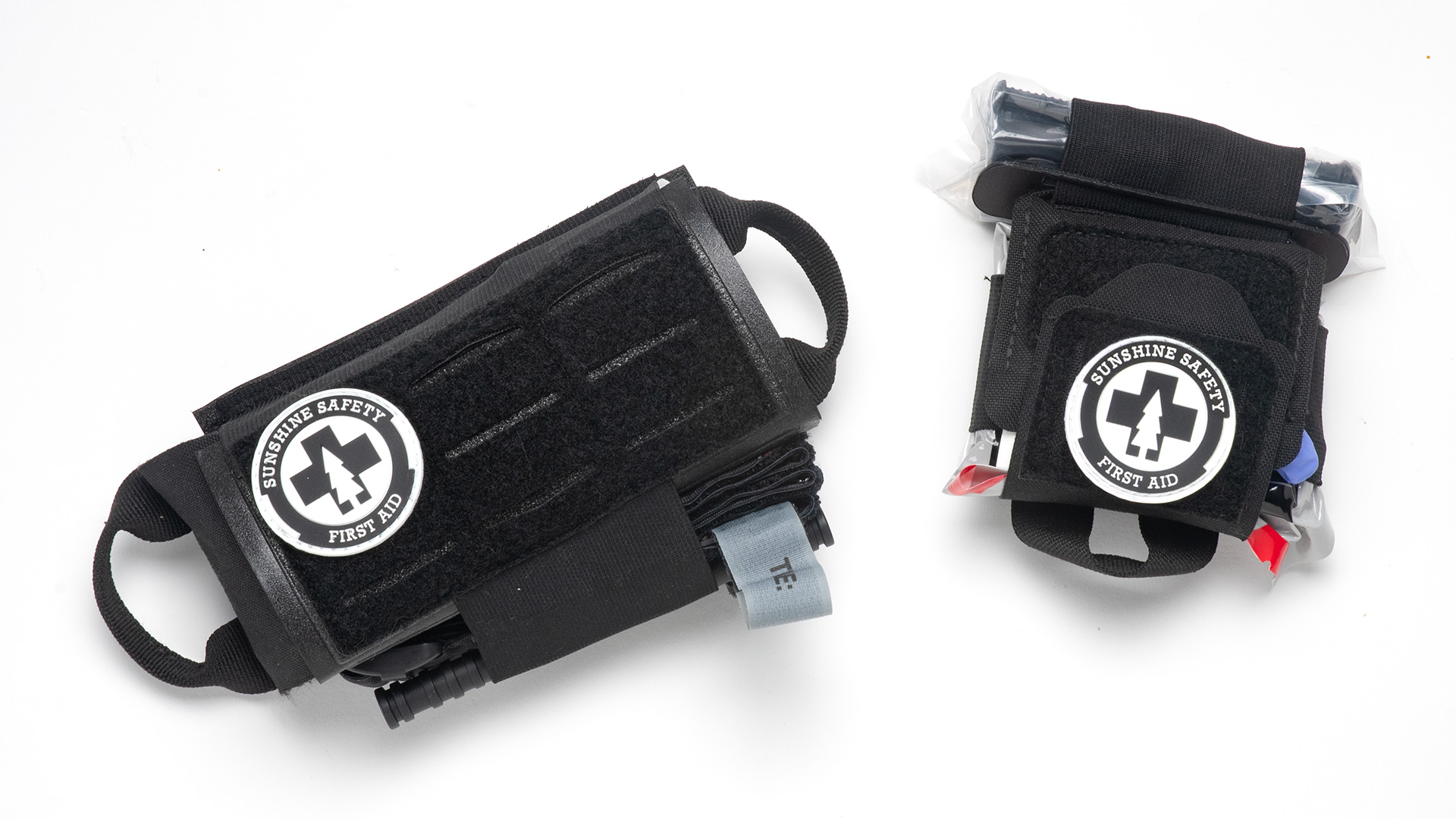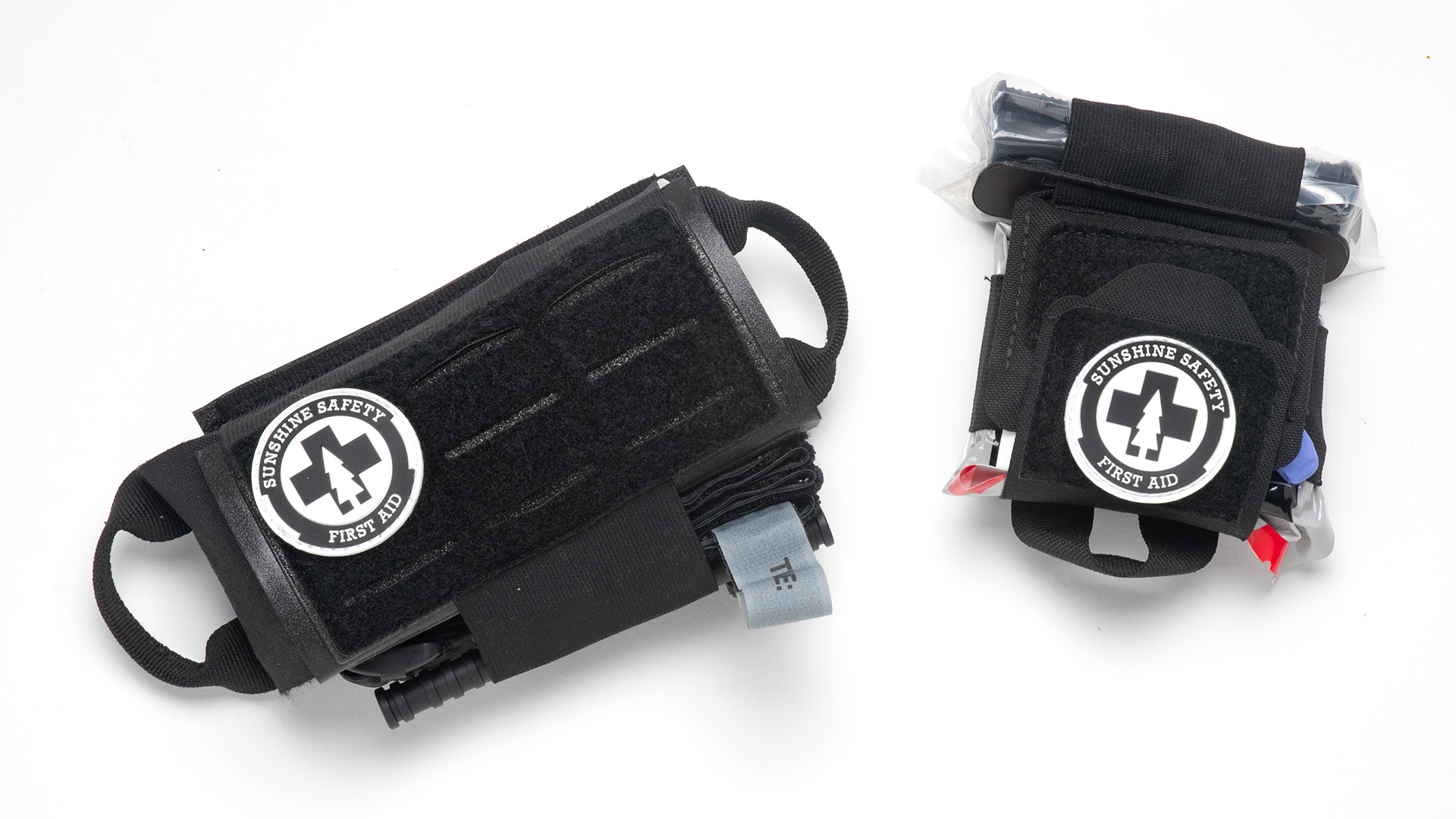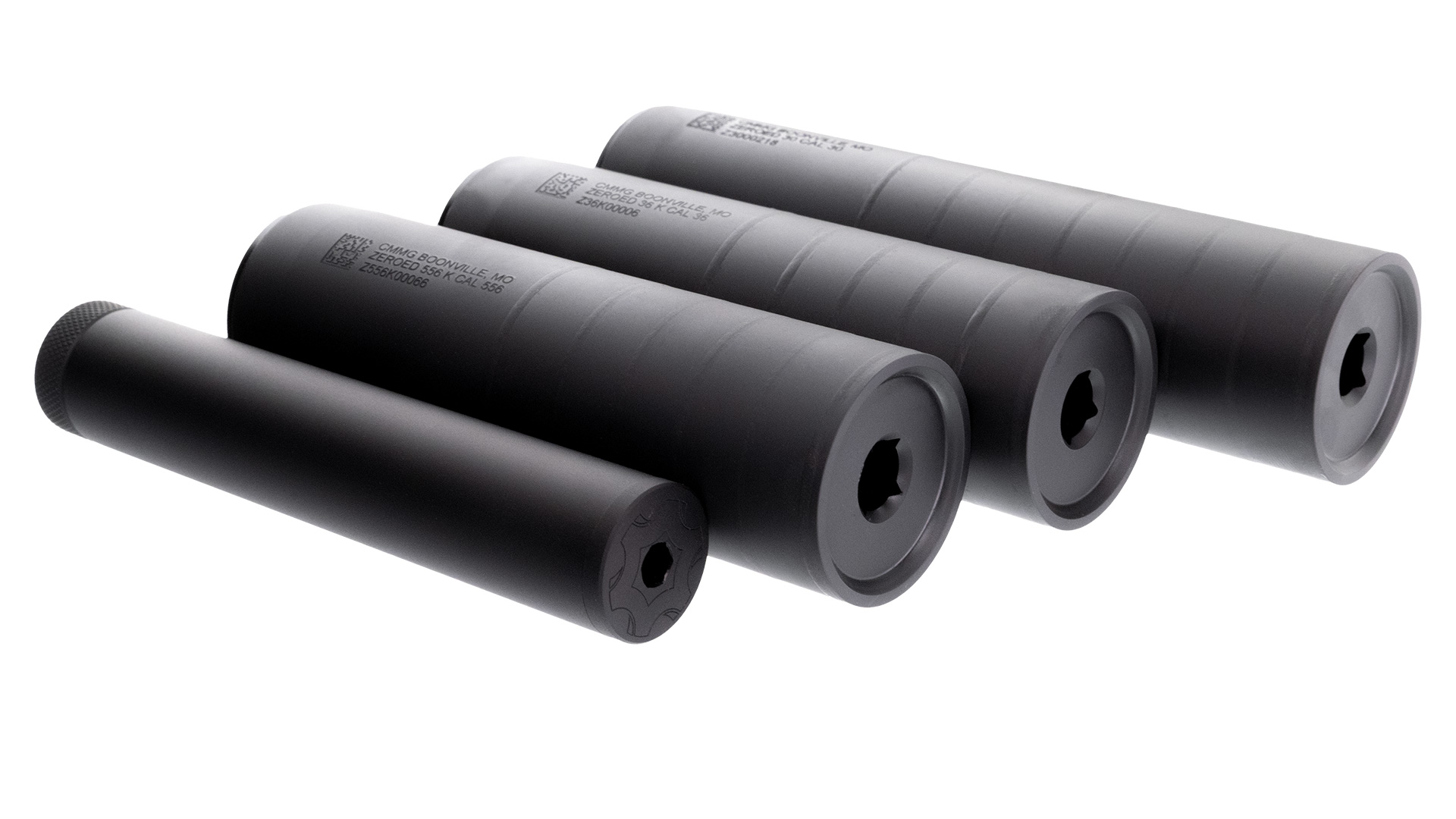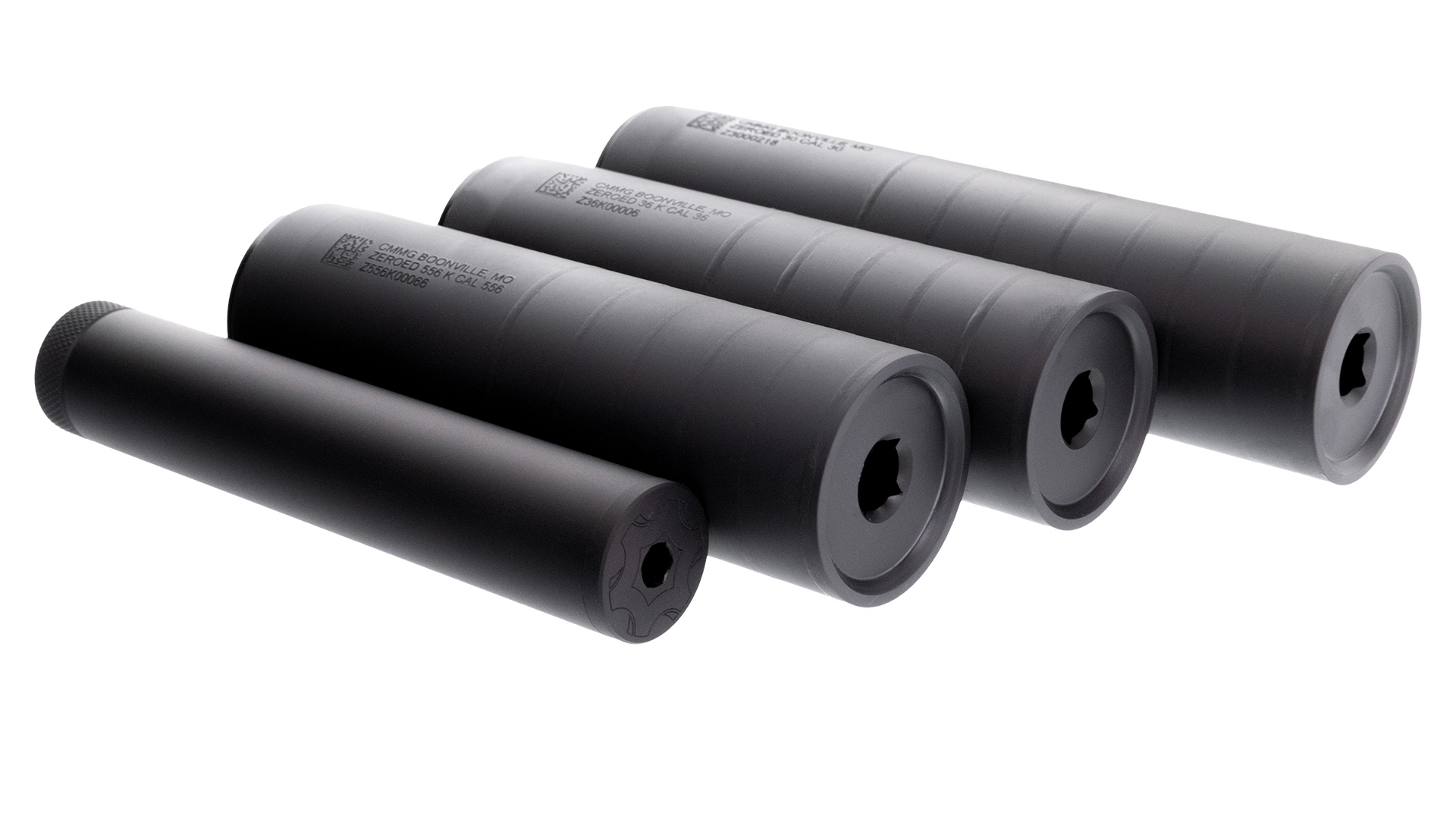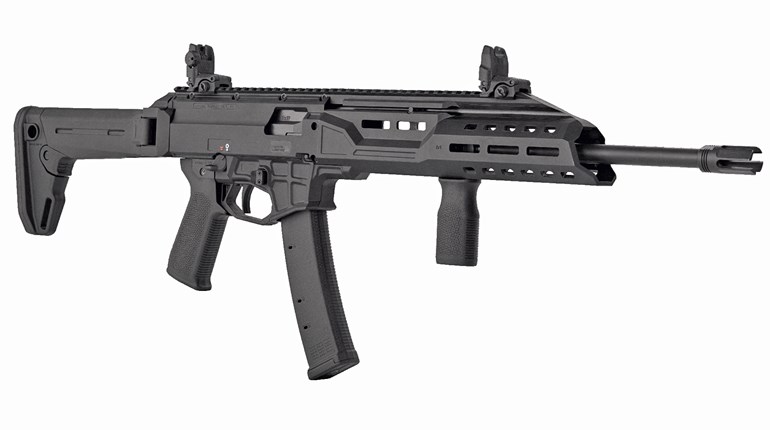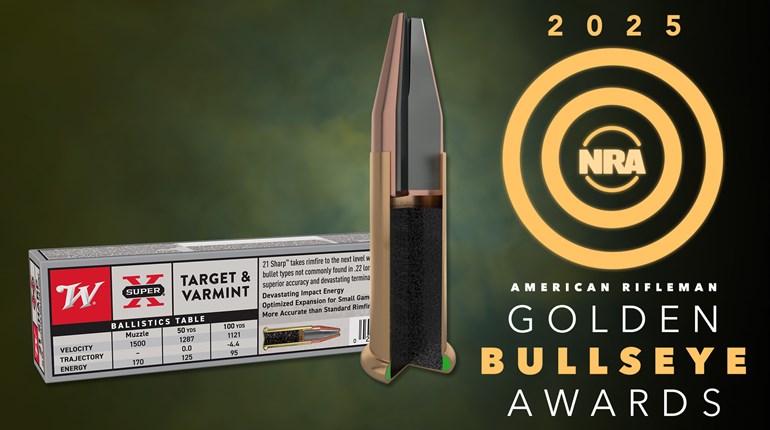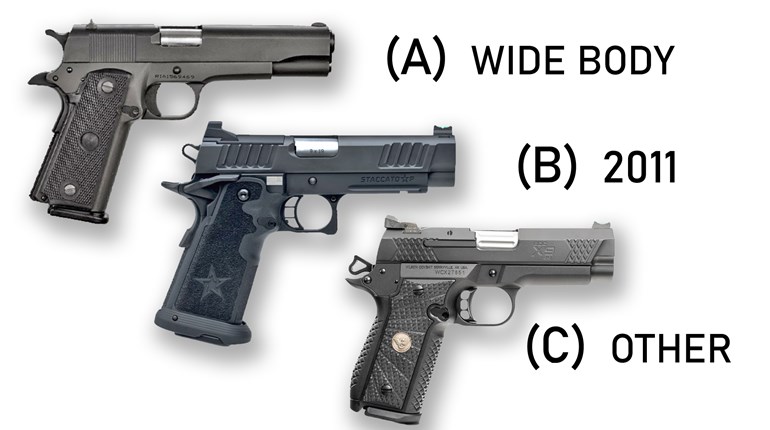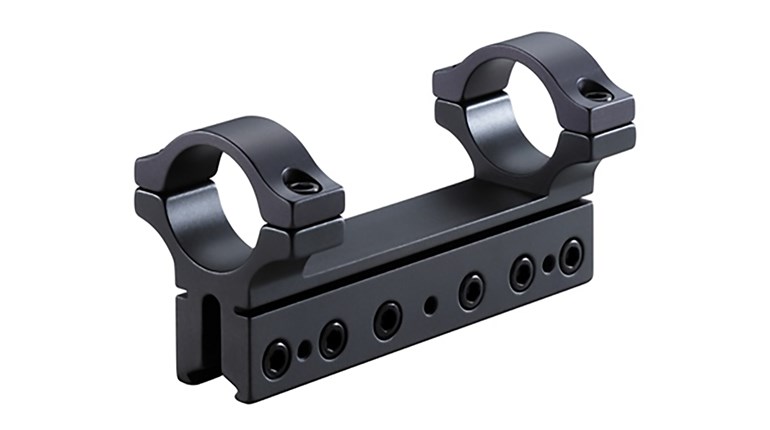
If you’re an action shooter (competition or combat) and you’re training to better your skills, then odds are you’re looking to become faster and more accurate with your round placement. Since performance is measured by time and score there is a tendency is to be caught up in the result.
As shooters, we can’t help being results oriented. Whether you’re competing for score (competition) or must pass an in-house qualification (combat), you want to know “How fast was that?” and “Did I make the required score and meet the minimal standard requirement?” Yes, those are important questions – especially if the results determine whether you keep your job!
However, if you are thinking about the answers to those questions while you're shooting, then your mental focus is misplaced. Here, your focus is on the results or measurement of your shooting performance, when in fact mental focus should be placed on the process itself.
The Journey Is The Destination
What exactly is it that you’re trying to do? Is it a presentation from concealment? Transition from one target to another? Two hits on one target and two on another? Whatever the next string of fire, in training, competition or qualification, you are trying to accomplish a specific task and that is the shooting process.
The process amounts to nothing more than placing the muzzle in the visual center of your target and pressing off the round without disturbing muzzle alignment. Anything other than that is not considered part of the process.
Measurement of your performance is not part of the shooting process.
Don’t Make It Personal
Stay focused on the process and disregard the results, the masters say to be emotionally detached from the results. You shouldn’t care if you miss or hit. Your mental focus should be on the target as part of the shooting process. Round placement will follow your focus. If you lose your mental focus, then you lose your performance.
When in training, the master says to not have any emotional attachment to the result. If you miss you miss. If you hit, you hit. The consummate professional is neither elated by a good hit nor upset by a miss. Even though I understand this intellectually and really try to put this in practice, I’ve been shooting for decades so missing to me is an assault on my family name! Nonetheless, I do try to remain unattached to the result.
It’s a mental game to keep both the visual focus as well as the mental focus throughout the shooting process. It’s also important to be focused on your body feel. Are you doing everything mechanically correct? Does it feel physiologically “right” or “wrong” and if so, what does it take to make corrections?
Three Levels of Mental Focus
Mental focus on the shooting process takes on three levels. The first is mechanical, that is body feel – are you doing what it takes “correctly?”
Next is visual. Better stated as visual confirmation or verification. You need to shoot what you see of course. The old saying “eyes press trigger” is true in this case. However, the eyes may verify but you want to avoid over verification or over confirmation.
Last but certainly not least of course is mental focus – getting there early with your mind and then not easing up on that mental gas pedal all the way through the shooting process.
Stay On Target
It’s for only a matter of a few seconds but it’s incredibly difficult to stay mentally laser focused as the human mind tends to wander or be lazy. Mental discipline can be fleeting. Much like in nature, where running water seeks the easiest route when it moves, the same thing happens with our minds. The human mind tends to take the path of least resistance.
To override those natural tendencies is to stay mentally focus which is the exception to the rule and not the norm. All of this requires mental discipline, which is considered a learned skill as we humans are not naturally predisposed to mental discipline.
Once you have it wired in then push the process until the wheels fall off. Since your focus should be on the process you will then readily observe what went wrong. Maybe your grip, the press, over verification, you moved the muzzle – whatever it is you can see it when you’re mentally focused.
You can’t fix what you can’t see so staying focused on the process affords you objective observation. Try to remain emotionally unattached so that your mental focus stays on the process and doesn’t start to shift elsewhere.
When you’re running in the realm of 100ths of a second you have only so many “units of attention” available in such a limited amount of time. If you are allocating them to the results such as “did I hit or did I miss” or “how fast am I going” – which are after-the-fact-measurements, then you’re focused squarely on the results and not on the shooting process. Stay process focused.
